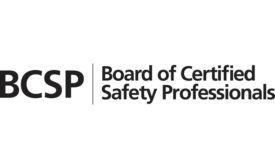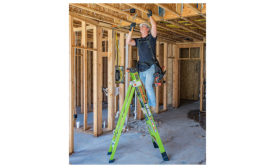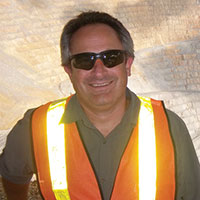Today's Safety News
Mich. school district surveilled, fired employer who blew the safety whistle
Asbestos, pesticide exposure at core of case
February 3, 2020
Winning business through Safety
A Seattle company leverages its Total Safety Culture
February 3, 2020
For ladder safety, focus on surroundings, job hazards, height needs
Balancing Act
February 3, 2020
Best Practices
Safety’s generation gap
Young & older pros have different values
February 3, 2020
Safety Technology
Eliminating workplace distractions with Joe Boyle, CEO of TRUCE
February 3, 2020
Closing Time
Asking questions leads to improved worker performance
T.H.A.N.K.S. for the feedback
February 3, 2020
Steel plate falls from crane, injuring worker
“Aluminum Shapes continues to disregard their legal responsibility to comply with safety and health standards"
January 31, 2020
Become a Leader in Safety Culture
Build your knowledge with ISHN, covering key safety, health and industrial hygiene news, products, and trends.
JOIN TODAYCopyright ©2025. All Rights Reserved BNP Media.
Design, CMS, Hosting & Web Development :: ePublishing











